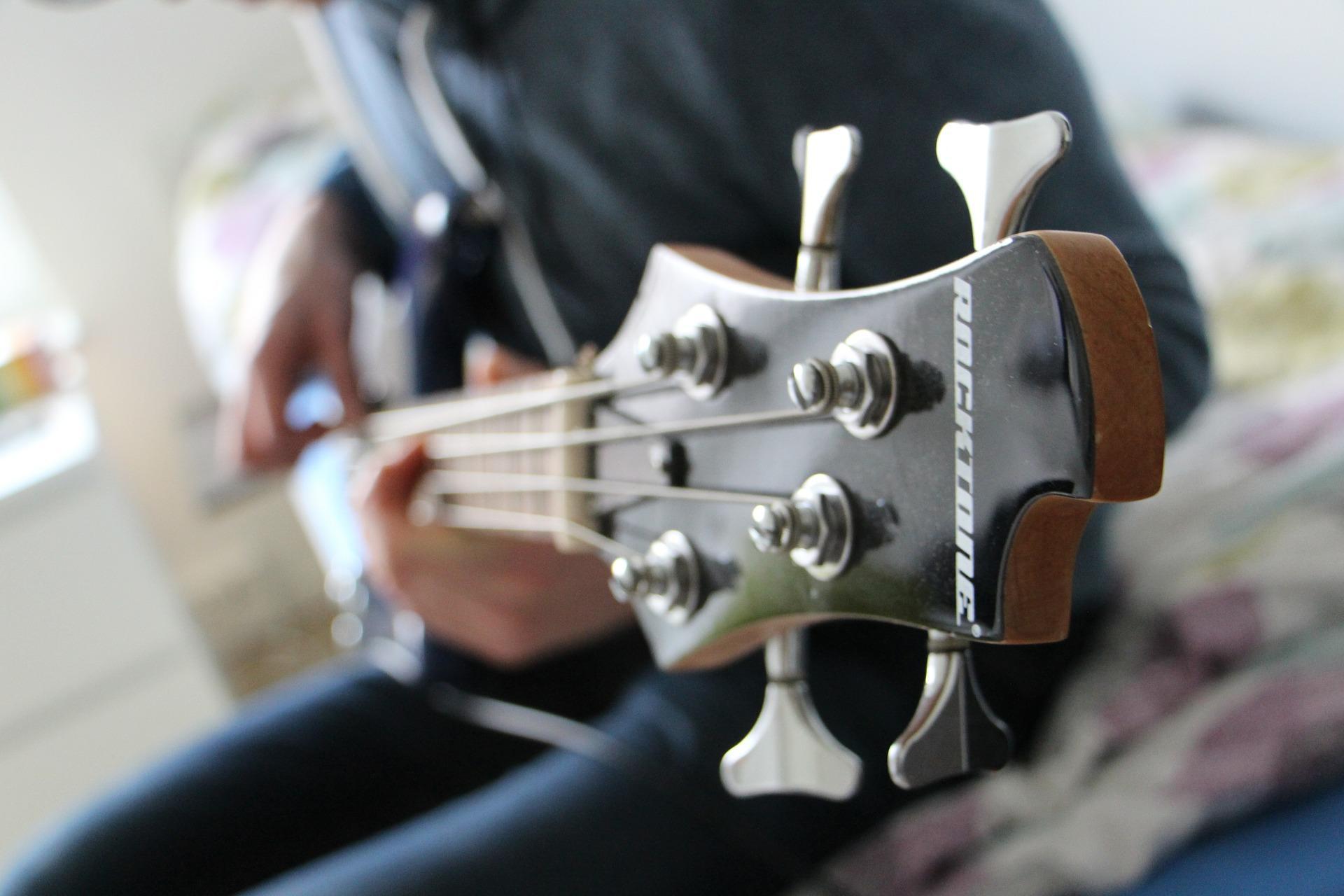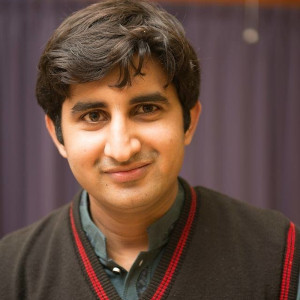Chapters
Perhaps one of the more traditional subjects to study is mathematics.
What starts in primary schools up and down the country can become a life-long passion for numbers and problem-solving… or the bane of someone's childhood. My relationship with maths started quite well, and I took the subject at A Level. Ultimately it got all a bit theoretical for me, but some people revel in it, all the way through an A Level in further maths and beyond into university.


The Multifaceted Reach of Mathematics Education
It's no secret that maths is one of the more challenging school and university school subjects. You can expect to be tested in complex algebra to even, at degree level, quantum mathematics and special relativity. Maths has such a wide range of applications that it means that during your education,n you'reprobably going toy come across a fair few other subjects along the way:
- You may do a statistics module as part of Level maths. This is potentially the result of doing the GCSE statistics course. Statistics can be found in most walks of life and will likely test your analytical skills.
- Those who have always been lovers of the sciences will be glad to know that science has a vital link to mathematics. Physics is highly maths-based, and, for me, the first half of AS Level Chemistry was purely maths-based learning. Whether atomic weight or energy, maths and science work famously well together.
- Business and enterprise subjects use mathematical concepts like statistics, percentages and algebra.
- Interestingly, you may find a great deal in slightly unusual areas, such as geography. Percentages and other measures are useful in both human and physical geography.
The Relevance of Mathematics in the Job Market
- Well, to start with, you're probably one of the sharper tools in the box. That's nothing against people who study other subjects, but studying mathematics gives people a perception of intelligence. When one considers that you learned one of the toughest A Levels in Further Maths (often a requirement for degree-level Maths) and then persevered through a degree, employers will see a highly-intelligent individual.
- You may not find that you're in a strictly-mathematical domain. It has become recently apparent that the degree you study does not always equate to what you do in a job after graduation. The same could be said for maths – you might be open to many different areas without being a mathematician. You will have a lot of options with such a broad topic. Just think, all that statistical work could see you being an analyst of some description, the algebra in forecasting.
- Your ability to solve problems and puzzles will be almost unrivalled. Businesses will love the ability to dissect a problem and create multiple steps to find an answer. You could find yourself strategically planning activities and projects.
- Sometimes, there is nothing like solid hard facts presented to you. Whatever field you end up in, a prospective employer will like that you can show your methodology and a structured path to an answer. There is little theory to explain in mathematics, and sometimes it is easy to come to a solution through lots of solid calculations.
- There is a lot of tradition behind maths. Often seen as a traditional subject and one of the 'purest' fields, employers and managers may know a lot of prestige. For example, as part of a maths degree, you could look at some of the oldest mathematical conundrums (Fermat's Theorem, to name one). Looking at some of the significant challenges with relative ease will be impressive.
Diverse Avenues for Mathematics Graduates
Suddenly, things are looking bright for you (if you have any doubts!) Now suddenly, you are looking at various employment and internship opportunities… Find a good maths tutor on Superprof. Engineering Yes, remarkably, you can get on in engineering without a degree in that field. Knowledge of mechanics and movement will undoubtedly be a valuable addition to a team of engineers. Whilst they will no doubt have more experience in construction and practicalities, you won't be beaten when it comes down to theory and number-crunching. There's no shortage of engineering fields. You could find yourself in aeronautical, civil, and military engineering… the list goes on and on. Investment / Finance Let's face it, anyone who can work with numbers so efficiently as a maths graduate would do well to look at the finance sector. Your ability to forecast and analyze statistics will put you above some experienced financial experts. Investment is about taking risks and getting returns, which can come from probabilities and statistics. A company looking at investment risk will use its analytical mind to make informed decisions. People say, 'Well, isn't that for the economists?' Short answer, yes, it can be.
However, a maths graduate could easily find a space doing the same job. Whilst a background in economics is not part of your degree, your ability to take numbers at face value and look into why X and Y happened will be valuable. This comes down to the notion that the degree doesn't have to be strictly related. Improve yourself with a Maths tutor near me here on Superprof. Meteorology Bear with me on this – I know geography and weather go hand in hand; however, there is a specific science and skill to predicting the weather, and a lot of it comes down to mathematical principles. Suppose you've ever read up on the Chaos Theory. In that case, you'll understand that small changes in one area can cause massive changes elsewhere (the butterfly effect – the idea that a butterfly flapping its wings over in Place A can make the difference in driving a hurricane in Place B.)
Meteorology uses a surprising amount of mathematics and forecasting to examine the weather.
Sometimes, applying the human mind and using theories such as the Chaos Theory is more effective than using a computer. Education With mathematics students at A Level on the decline, graduates could see themselves being an inspiring figures. If you look at the statistics posted by the Department for Education, you'll find that only half of maths teachers have a maths degree. It's pretty shocking, but I also see it as an opportunity to have a massive head-start in the job market. The BBC reported last year that the government was concerned about a shortage of teachers in the maths field. Has there been a better time? One way that maths students among you might find an excellent way to earn money and get great experience is online maths tutoring.
This is fun and exciting and can also help people who are struggling or need extra help – indeed, a great experience. Check out the following related and helpful articles:
- Maths jobs: Mathematics graduates can explore various job opportunities across multiple industries. Their strong analytical and problem-solving skills make them valuable assets in data analysis, research, statistics, cryptography, etc.
- Maths tutor jobs: Maths graduates can leverage their expertise by becoming tutors. Tutoring offers a chance to help students struggling with math concepts, provide personalized guidance, and earn a rewarding income.
- Learn Maths jobs: Companies and online platforms offer roles that teach individuals of all ages how to improve their math skills. These positions may include curriculum development, content creation, and instructional design.
- Learn Maths for Professionals: Courses designed to enhance the mathematical skills of professionals in various industries are in demand. These courses cater to adults seeking to improve their math proficiency for career advancement or personal growth.
- Learn GMAT Maths: The GMAT (Graduate Management Admission Test) includes a math section to assess candidates' quantitative abilities. Learning GMAT maths involves preparing for this section, often through specialized courses, to excel in business school admissions.















